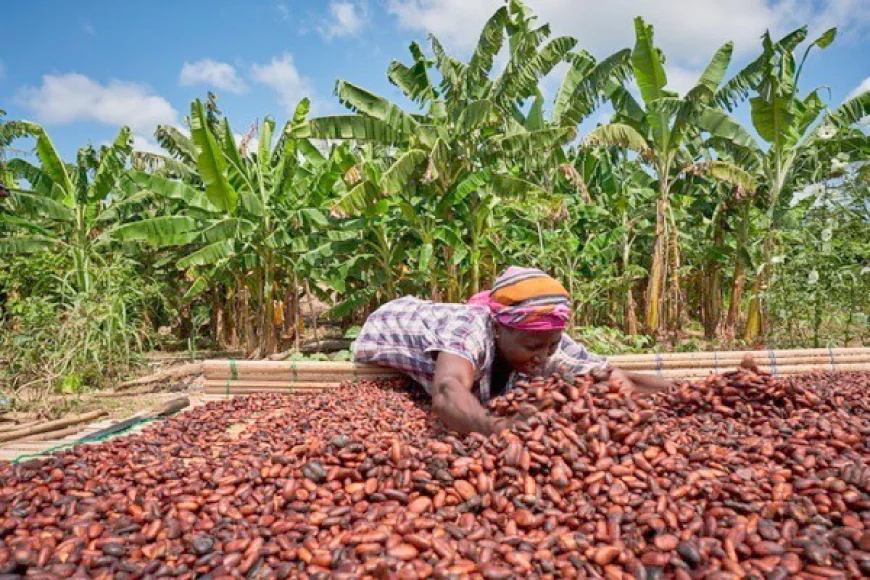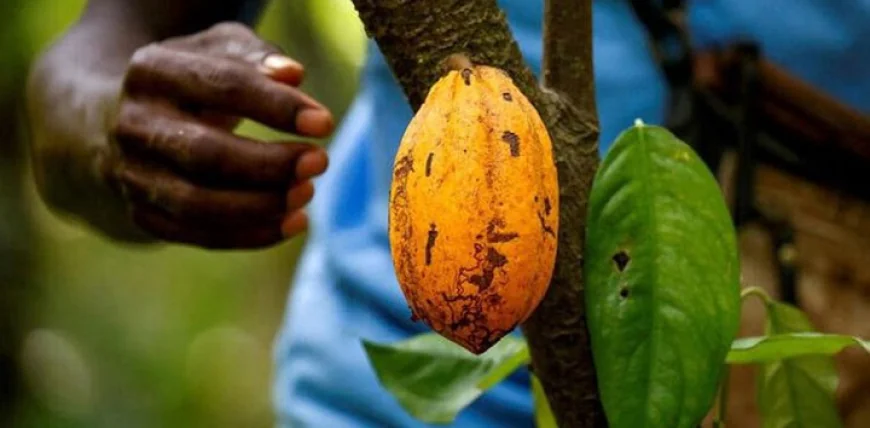Ghana Raises Cocoa Producer Price by 62.6% Ahead of 2025/2026 Season
In a bold move to support cocoa farmers and align with global market trends, the Government of Ghana has announced a 62.58% increase in the producer price of cocoa, raising it from US$3,100 to US$5,040 per tonne.
In a bold move to support cocoa farmers and align with global market trends, the Government of Ghana has announced a 62.58% increase in the producer price of cocoa, raising it from US$3,100 to US$5,040 per tonne. The new price takes effect Thursday, August 7, 2025, marking a significant shift in Ghana’s agricultural pricing policy.
The new rate reflects 70% of the Free-On-Board (FOB) value of $7,200 per tonne, fulfilling President Mahama’s pledge to ensure farmers receive a fairer share of global cocoa earnings.
Finance Minister Dr. Cassiel Ato Forson, who chairs the Producer Price Review Committee (PPRC), explained that the increase is driven by:
1.A strong Ghana Cedi (averaging ₵10.25 to $1)
2.Declining inflation
3.The need to protect farmer incomes amid global price volatility
The government had previously maintained the ₵3,100 per bag rate despite cedi appreciation, effectively subsidizing farmers by ₵1,114 per bag since Q2 20253.
To further empower cocoa-growing communities, the government is rolling out:
1.A Free Cocoa Fertiliser Programme (liquid and granular)
2.Free insecticides, fungicides, and spraying machines
3.A Tertiary Education Scholarship Scheme for children of cocoa farmers (starting 2026/27 academic year)
4.A Cocoa Traceability System to comply with EU deforestation regulations
While the increase has been welcomed by many, the Minority in Parliament warns that higher prices could incentivize cross-border smuggling, especially into Côte d’Ivoire. Others argue the move is overdue, given global cocoa prices surged past $12,000 per tonne earlier this year.
This price hike signals a recalibration of Ghana’s cocoa economy — one that prioritizes farmer welfare, global competitiveness, and regulatory compliance. Whether it translates into long-term sustainability will depend on how effectively these support systems are implemented.




